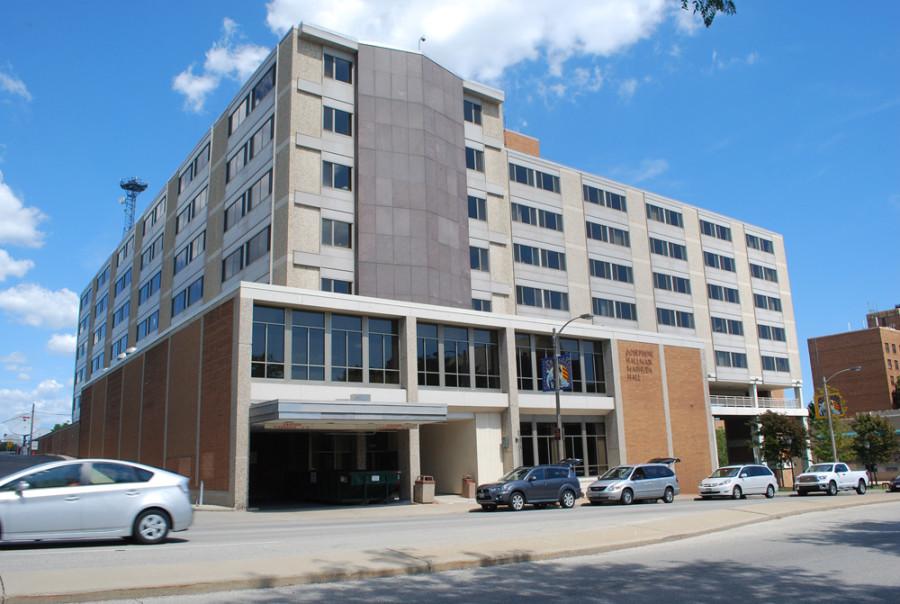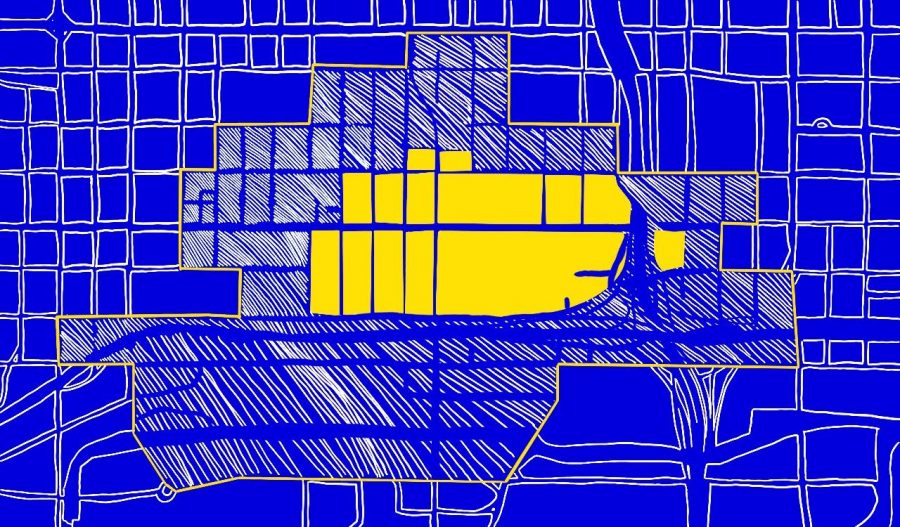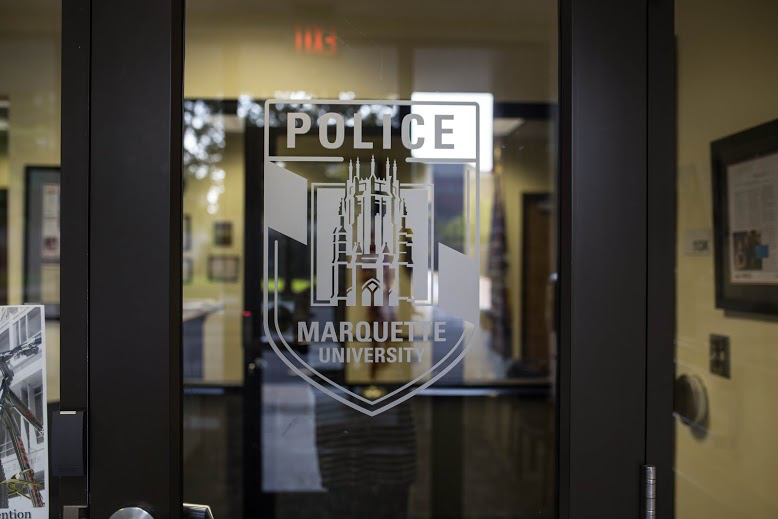For the second time this semester, flooding occurred in Mashuda Hall, forcing some residents to be displaced.
The second flooding occurred March 11 and the damage in the residence hall spread across four floors, affecting 18 rooms. A few students were temporarily displaced and had to relocate, but they are expected to return to their rooms by the end of the week.
Mashuda’s first flooding incident this semester occurred over winter break after sub-zero temperatures caused a pipe to burst flooding all seven floors.
The cause of this flooding has yet to be confirmed, but it’s likely there was a heat sensor malfunction. The building’s heat sensor reads the outside temperature and then regulates the temperature in the heating system.
Rick Arcuri, director of business operations and auxiliary services, described an event like this as “very rare.”
The flood began on the fifth floor and worked down to the second floor before it was discovered and contained. The Department of Public Safety was first on the scene. Arcuri said DPS was “very quick to respond.”
“The hardest thing were people’s belongings laying on the floor,” Arcuri said. “We took laundry out of all the impacted rooms, then washed it and dried and bagged it, and then put them back in people’s rooms.”
Belfor, the same property restoration company that assisted with the first flood, was hired again for this flood to find the cause of the incident and prevent it from happening again. Belfor will work in conjunction with Marquette Custodians and other Mashuda staff.
Natalie Ulrich, a sophomore in the College of Health Sciences, said she never received any information about the flood from Marquette.
“I think it did flood again,” Ulrich said. “I didn’t receive anything about it or hear anything official, just word-of-mouth.”
A large dehumidifier was placed in every affected room. A major problem was wet carpets and walls. However, Arcuri said the walls presented less of an issue because they are made of plaster instead of drywall, which would retain more water.
“The dorm and my room smell very musty, and there are big fans everywhere,” Ulrich said.
Arcuri explained that the heat sensor is a vital component in the building. If it gets cold outside, the sensor will raise the temperature to a warmer setting. It works the same way for warm weather, except the temperature would be lowered.
Arcuri said Marquette is working with students to help replace their belongings with significant damage.
“Both (floods) are difficult but a totally different set of circumstances,” Arcuri said.
“The biggest way it’s impacted me is that my bathroom door won’t shut anymore, which I’m guessing is from the water (damage) changing the shape of the door,” Ulrich said.
Arcuri said he is optimistic for the quick turnaround and had nothing but praise for Marquette and the workers dealing with the flood.
“A lot of people were involved and a lot of people came out to help out,” Arcuri said.










